Distorting Shimla
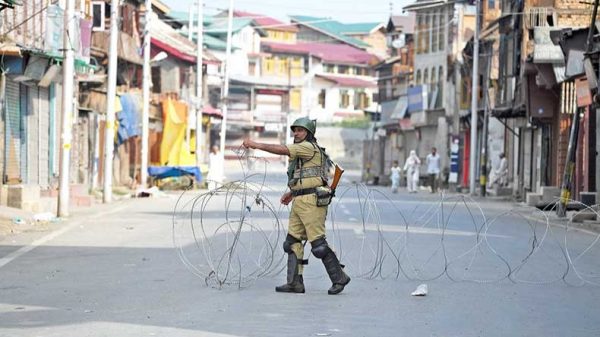
INDIA’S blatant violations on August 5 of UN resolutions on Kashmir, its own constitution and multiple pledges to hold a plebiscite are perverse outcomes of a disrespect for the written word — and for unwritten yet binding codes of conduct. Though the threat to abolish Kashmir’s special status was present in the 2019 BJP election manifesto, the move was accelerated after Donald Trump’s mediation offer introduced a new danger for India, ie that its deceit could be exposed on a major scale.
The reaction in India to Trump’s offer was predictable, amusing and deceptive as ever. Over the past 47 years since the signing of the Shimla Agreement with Pakistan, India misrepresented the accord to the effect that the two countries had agreed to use only bilateral means to resolve disputes. This falsehood is all the more ironic because Pakistan has failed to consistently challenge this wrong claim.
The concept of multilateralism is fundamental to the Shimla Agreement.
Article 1 (i) states: ‘… the principles and purposes of the Charter of the United Nations shall govern the relations between the two countries.’ The charter enshrines, as written earlier, ‘the concept and application of multilateralism for conflict prevention, management and resolution.’
Most significantly, Article 1 (ii) of the Shimla accord reads: ‘… the two countries are resolved to settle their differences by peaceful means through bilateral negotiations or by any other peaceful means mutually agreed between them….’
In other words, India has accepted the possibility that bilateral exchanges alone may not always be able to produce purposeful results. India acknowledges that the only alternative to bilateral processes for peaceful resolution of disputes is the validity of mediation by single third parties or multilateral bodies. Thus, it recognised the value of applying collective wisdom where dual efforts alone do not succeed.
By repeatedly refusing to accept third-party or multilateral mediation on the wrongly projected claim that Shimla had definitively excluded such mediation, India built up the misleading but widely prevalent perception that Pakistan too had agreed to the exclusivity of bilateralism. It is curious and disappointing that Pakistan has done little to inform the world and its own people about the full text of the relevant clause.
Be it 12 years before Shimla (the Indus Waters Treaty) or as recently as 2018 for Kulbhushan Jadhav, India sought third-party interventions and accepted a multilaterally negotiated pact and a global forum’s judgement. But the world should be reminded that less than 14 years post-Shimla, India commenced violations in both letter and spirit.
Article 4 (ii) of the accord reads: ‘In Jammu and Kashmir the line of control resulting from the ceasefire of December 17, 1971 shall be respected by both sides without prejudice to the recognised position of either side. Neither side shall seek to alter it unilaterally irrespective of mutual differences and legal interpretations. Both sides further undertake to refrain from the threat or the use of force in violation of this line.’
But India used stealth in 1984 to undermine Shimla. Moving troops to three high-altitude passes, it took unlawful control of 70 kilometres of the Siachen glacier by placing forces on the Saltoro Ridge and forcibly took over about 2,400 square kms of disputed Kashmiri territory. In a limited sense, Siachen was India’s Kargil on Pakistan.
Elsewhere, on the 674.6 kms of the LoC, soon after Shimla, India has prevented access of the United Nations Military Observers Group. Such non-access enables regular fabrication of allegations against Pakistan for sending ‘infiltrators’ across the LoC — without impartial, independent verification. Onward of 2004, India’s side of the LoC has become, for about 450 kilometres, one of the most electronically fortified fences in the world. The only way ‘infiltrators’ can cross this barrier is to fly over it.
Particularly in the Kashmir context, bilateralism masks an attempted bullyism which is unacceptable for Pakistan. India opposes third-party mediation only because any independent entity would be unable to ignore India’s prime responsibility for preventing a just, peaceful resolution.
Even though August 5 poses entirely new challenges on how to revoke a state’s predatory excesses, Pakistan should forcefully and frequently draw the world’s attention to the full text of the relevant clauses of the agreement in order to disrobe India of its democratic disguise and its latest attempt to strangle the Kashmiri people. Meanwhile, it will help greatly if the opposition in our parliament at this critical juncture demonstrates less partisanship and more solidarity with a government facing an unprecedented national crisis.


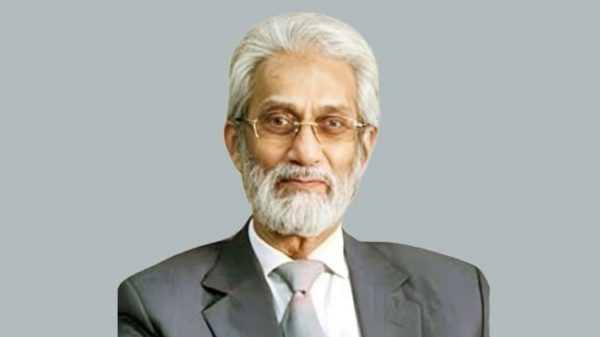
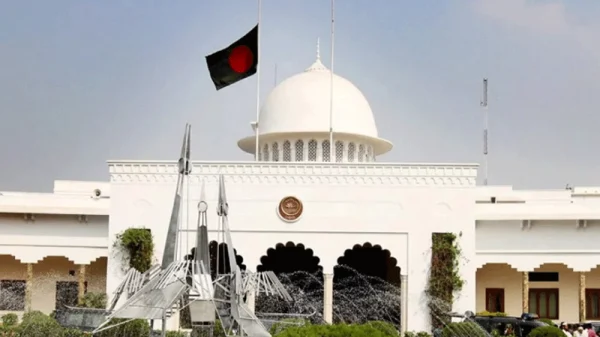

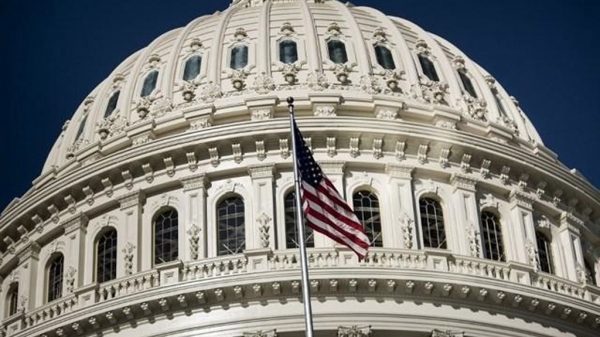

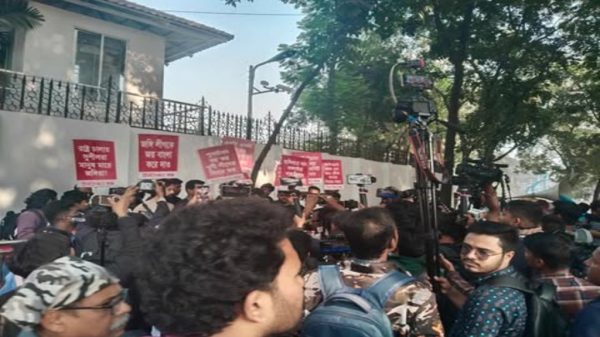















Leave a Reply